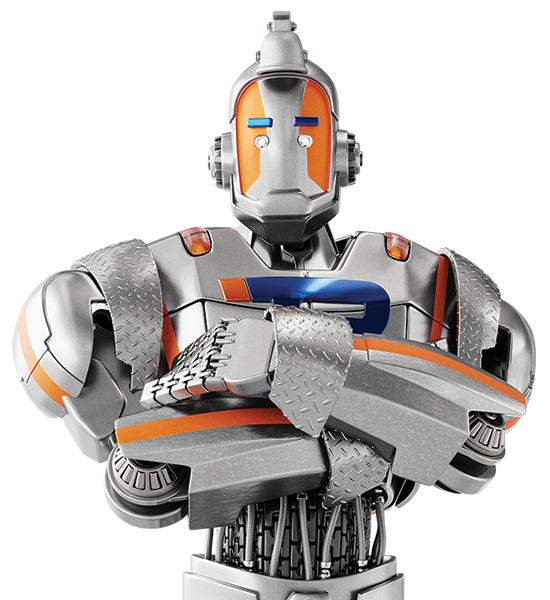Winter Trailer Maintenance Tips:
Keeping Your Trailer Ready for the Road in New Zealand
Winter conditions in New Zealand can present unique challenges for trailer owners. Cold temperatures, rain, and icy roads can impact the safety and functionality of your trailer. To ensure a smooth and worry-free towing experience, it's crucial to perform essential maintenance tasks specifically tailored to winter conditions. Proper maintenance and preparation can help prevent damage and extend the lifespan of your trailer. In this blog post, we will discuss some essential winter trailer maintenance tips to help you keep your trailer in optimal condition.

Check and Service the Brakes:
Properly functioning brakes are essential for safe towing, especially in winter weather. Inspect the brake system, including brake pads, rotors, and calipers, for wear and damage. Make sure the brake fluid is at the recommended level and consider having the brakes professionally serviced if needed. Remember, reliable brakes are vital for maintaining control and reducing stopping distances on slippery roads. Improperly adjusted brakes can have two vastly different negative effects;
- Under adjusted brakes won’t work as well as they should.
- Over adjusted brakes can lead to skid situations.

Clean and Inspect:
Before winter sets in, thoroughly clean your trailer, inside and out. Remove any debris, dirt, or corrosive substances that may have accumulated. Pay close attention to the undercarriage, wheel wells, and exposed metal parts. Inspect the trailer for any signs of damage, such as rust, cracks, or loose connections (hydraulic and/or electrical). Address any issues promptly to prevent further deterioration.
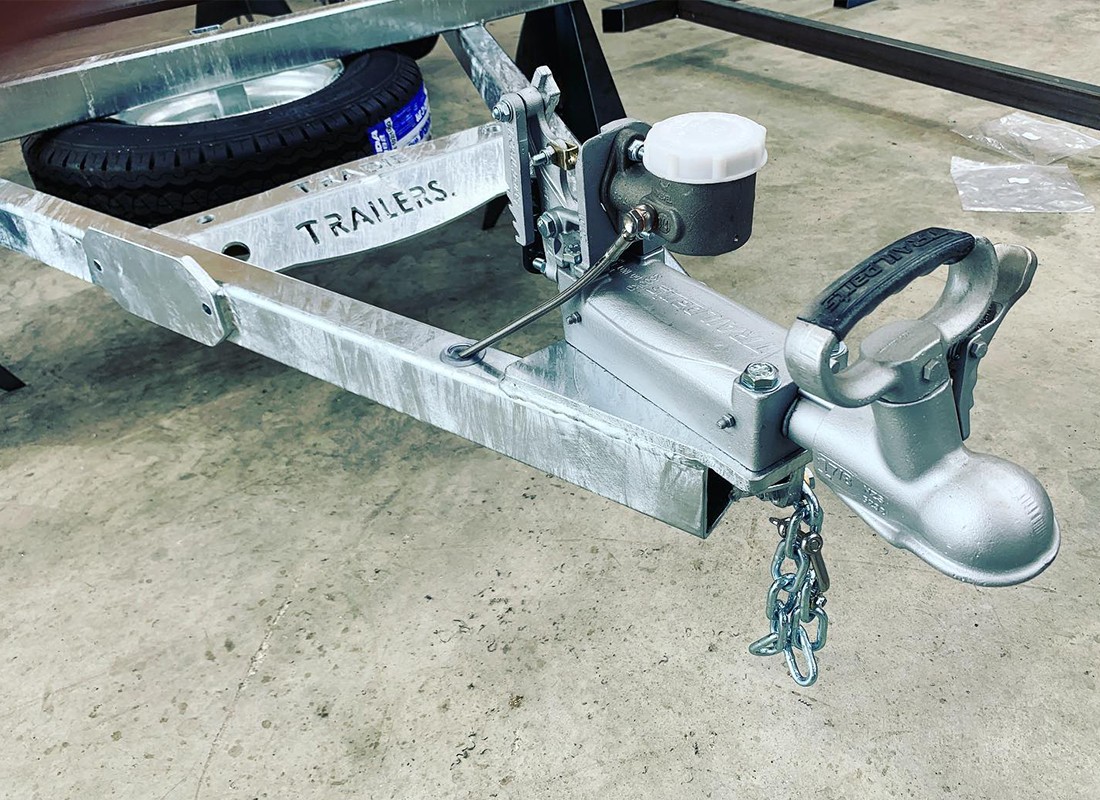
Lubricate Moving Parts:
Proper lubrication is crucial to keep the moving parts of your trailer functioning smoothly, especially those that carry high loads, such as sliding (over-ride) trailer couplings. In addition, apply a high-quality lubricant to hinges, latches, locks, and any other moving components. This will help prevent freezing, corrosion, and unnecessary wear and tear.

Protect Electrical Connections:
Electrical systems are vulnerable to moisture and can be damaged by freezing temperatures. Inspect the trailer's wiring and connections, ensuring they are clean and free from corrosion. Apply dielectric grease to electrical connections to prevent moisture intrusion.
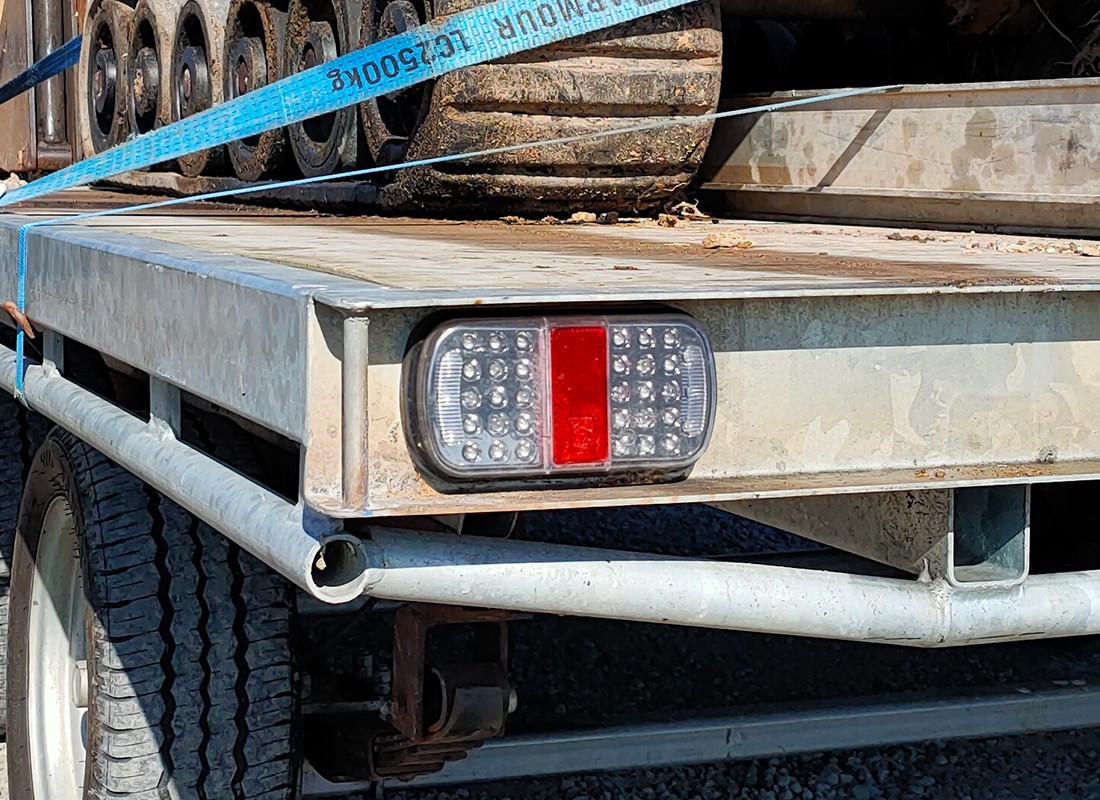
Ensure Proper Lighting:
Visibility is key during winter months with shorter daylight hours and inclement weather. Check and clean all trailer lights, including brake lights, turn signals, and taillights regularly. Additionally, consider adding reflective tape to enhance visibility and make your trailer more noticeable to other drivers.
Trailparts also stock JOLT LED Work lights and Light bars to improve safety and optimize visibility.
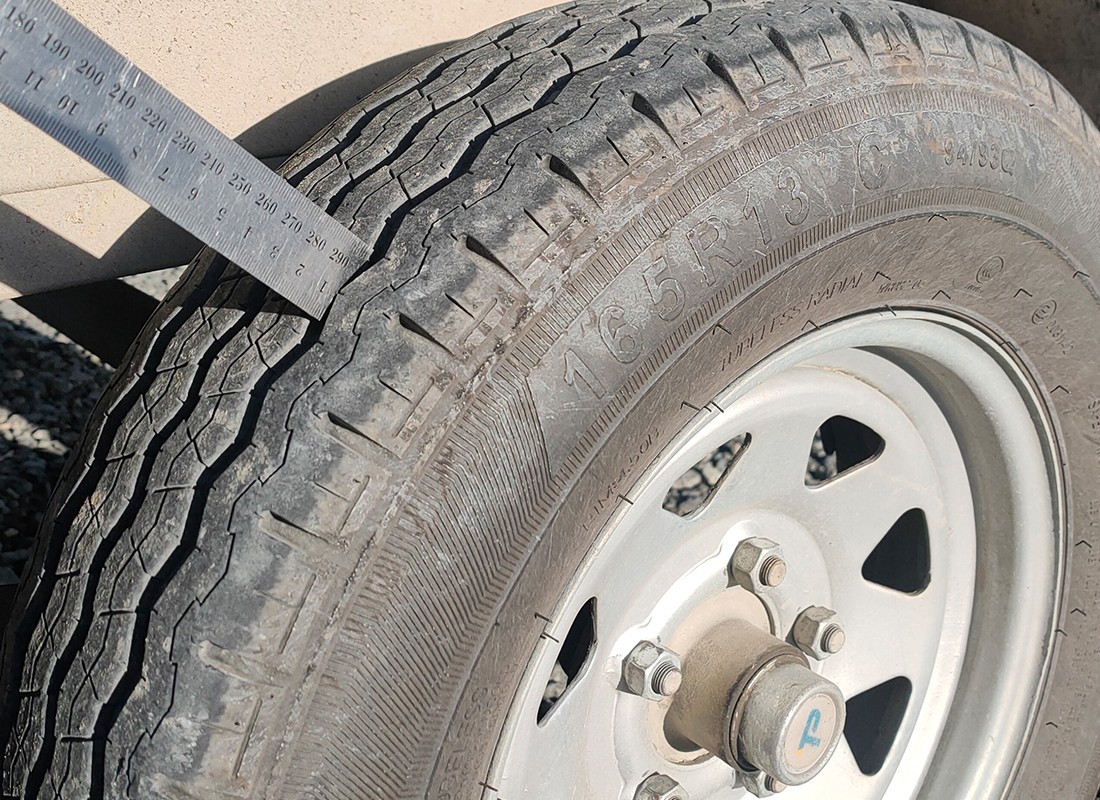
Inspect and Maintain Tyres:
Tires play a crucial role in winter towing. Trailer tyres are often overlooked, and although there is a legal requirement for them to have a minimum tread depth of 1.5mm in New Zealand, the reality is that a tyre with deeper tread is far less likely to get a puncture, and will also brake more efficiently and safely. Additionally, inspect tires for signs of damage or uneven wear. Proper tire inflation is essential to carry the loads the tyre is designed for, so check and adjust tire pressure according to the manufacturer's recommendations.

Check wheel condition:
Trailer wheels too often go missing, and while it is true that it is usually because they are not tightened sufficiently, they don’t always become loose this obvious way. Nuts should always be torqued, as overtightening can stretch wheelstuds or damage the nut seat in the wheel, which in time can cause loose wheel nuts. Severe wheel and hub damage can occur very quickly, and can also lead to catastrophic failure quite quickly. Check the manufacturer’s spec for wheel torque, as this figure will vary according to the size of the thread on the wheel stud.
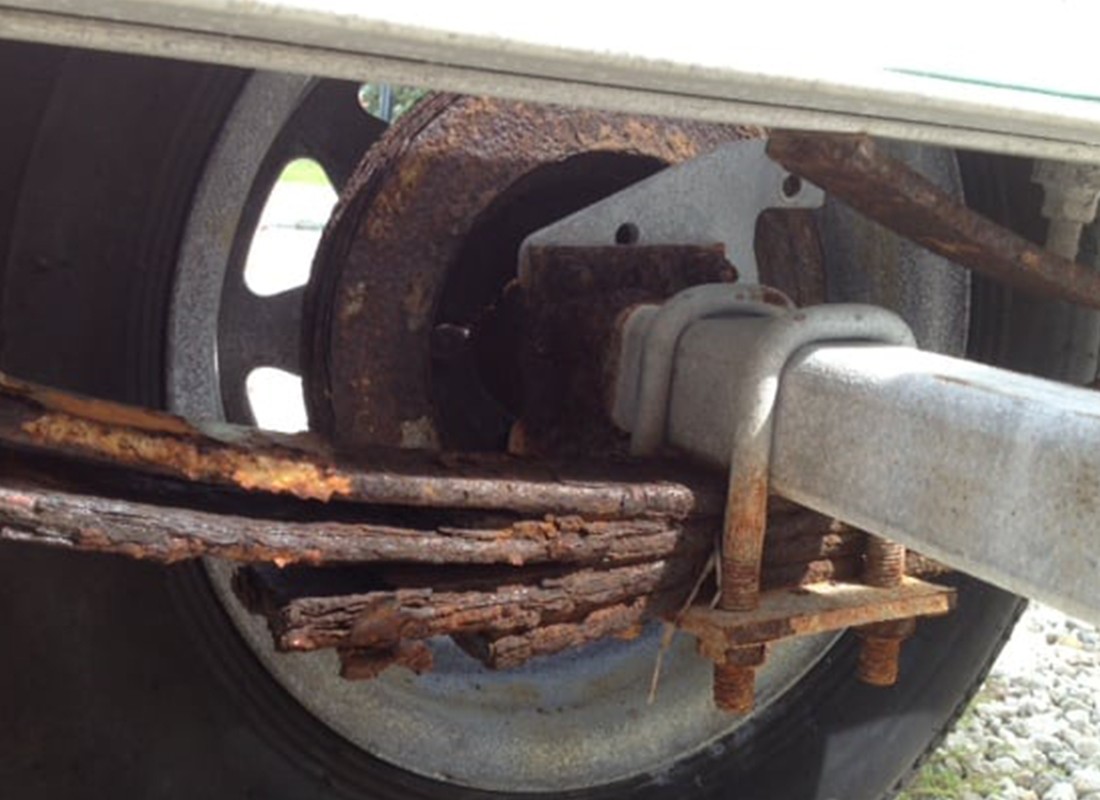
Inspect & Maintain Suspension:
A well-maintained suspension system contributes to a smoother ride and better control of your trailer. Inspect the suspension components, such as leaf springs, shock absorbers, and bushings, for any signs of wear or damage. Lubricate moving parts as recommended by the manufacturer. If you notice any issues or suspect suspension problems, have them addressed promptly by a professional to avoid potential safety hazards.
Taking the time to properly maintain and prepare your trailer for winter will go a long way in ensuring its longevity and functionality. By following these essential winter trailer maintenance tips, you can prevent costly repairs, extend the lifespan of your trailer, and enjoy peace of mind during the colder months. Remember, safety should always be a priority, so never hesitate to seek professional assistance if you encounter any significant issues or are unsure about performing maintenance tasks yourself. Stay proactive, and your trailer will be ready for all your winter needs!
